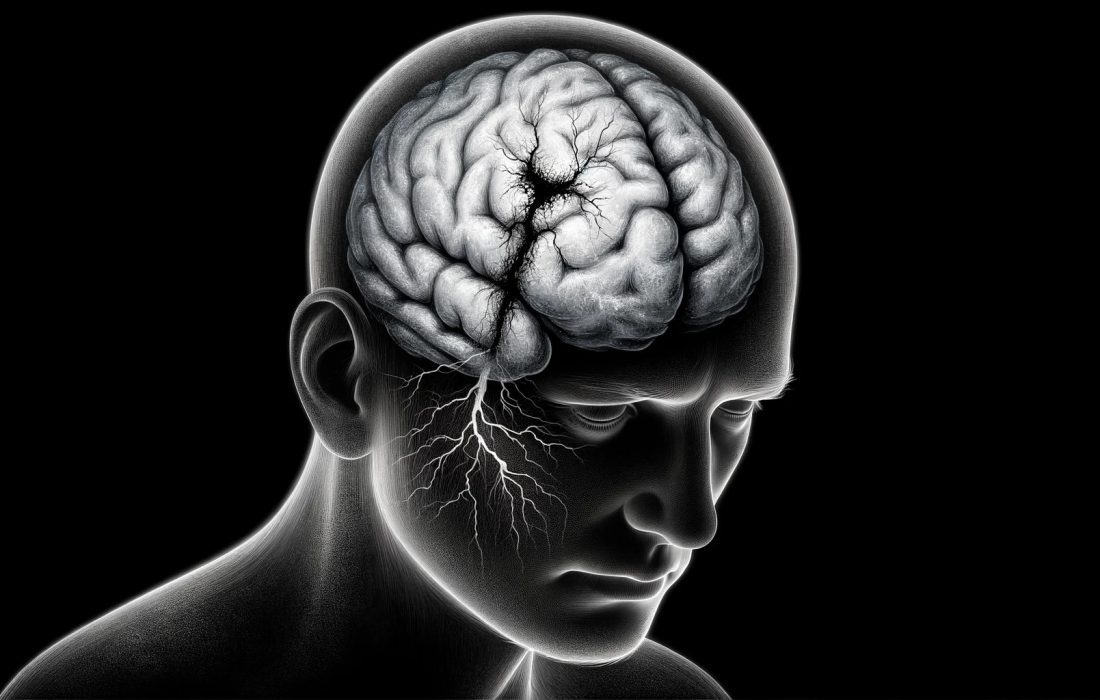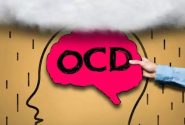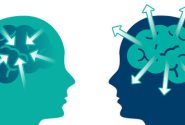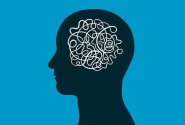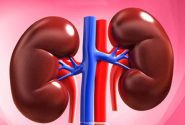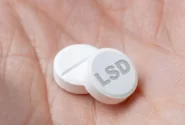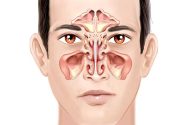به گزارش پایگاه خبری تحلیلی تسریر، به نقل از مدیسن نت، نتایج نشان میدهد که این میزان، در مقایسه با نرخ افسردگی ۲۲ درصدی جمعیت عمومی است. بهعلاوه، ۹ مورد از ۱۰ مورد افسردگی مرتبط با سکته مغزی در طی پنج سال پس از زنده ماندن از سکته مغزی رخ میدهد.
محقق یانژونگ وانگ، استاد آمار در سلامت جمعیت در کینگز کالج لندن، در بیانیهای گفت: «افسردگی در بازماندگان سکته شایع است، اما تحقیقات ما نشان میدهد که این افسردگی برای مدت طولانیتر از آنچه قبلاً تصور میشد ادامه مییابد».
به گفته انجمن سکته مغزی آمریکا، تغییرات بیوشیمیایی در مغز ناشی از آسیب سکته مغزی می تواند با تداخل در توانایی فرد در احساسات، به افسردگی کمک کند.
برای این مطالعه، محققان ۶۶۰۰ مورد بازمانده از سکته مغزی را که دادههای آنها در فهرست سکتههای مغزی جنوب لندن آمده است، بررسی کردند. نتایج نشان داد که افسردگی شدید زودتر از سکته مغزی رخ میدهد، بیشتر از حد انتظار ادامه مییابد و سریعتر از موارد افسردگی خفیف عود میکند.
وانگ گفت که افسردگی در میان بازماندگان سکته مغزی می تواند بر تحرک آنها تأثیر بگذارد و کارهای ساده ای مانند راه رفتن و نگه داشتن اشیا را با مشکل مواجه کند. همچنین می تواند خطر کلی مرگ آنها را افزایش دهد.
محقق لو لیو، کاندیدای دکترا در کینگز کالج لندن، در یک بیانیه خبری گفت: «کیفیت زندگی برای بازماندگان سکته مغزی مهم است، زیرا شواهدی وجود دارد که بازماندگان افسرده نرخ بقای کمتری دارند.»
لیو افزود: «دلایل زیادی برای این امر وجود دارد، از جمله اختلال در زندگی اجتماعی بازماندگان، کاهش توانایی فیزیکی و اختلالات التهابی در بیماران افسرده مشاهده شده است.»
لیو گفت که به دلیل خطرات بالای تجربه افسردگی مداوم، پزشکان باید به بازماندگان سکته مغزی که افسردگی بیش از یک سال طول می کشد، توجه ویژه ای داشته باشند.
مطالعه جدید در The Lancet Regional Health – Europe منتشر شده است.
Six out of every 10 stroke survivors wind up struggling with depression later in their lives, a new study says.
That compares to the 22% depression rate of the general population, results show.
Further, 9 of 10 stroke-related depression cases occur within five years of surviving a stroke, researchers found.
“Depression is common in stroke survivors but our research shows it persists for much longer than previously thought,” researcher Yanzhong Wang, a professor of statistics in population health at King’s College London, said in a news release.
Biochemical changes in the brain caused by stroke injury can contribute to depression by interfering with a person’s ability to feel positive emotions, according to the American Stroke Association.
For the study, researchers reviewed the cases of 6,600 stroke survivors whose data appears in a South London stroke registry.
Results showed that severe depression tended to occur earlier after stroke, lasted longer than expected, and was quicker to recur than cases of mild depression.
Depression among stroke survivors can affect their mobility, hampering simple tasks like walking and holding objects, Wang said. It also can increase their overall risk of death.
“Quality of life is important for stroke survivors as there is evidence depressed survivors have a reduced survival rate,” researcher Lu Liu, a doctoral candidate at King’s College London, said in a news release.
“There are many reasons why this could be, including disruptions to the survivor’s social life, reduced physical ability and inflammatory disorders observed in depressed patients,” Liu added.
Doctors need to pay particular attention to stroke survivors who have depression that lasts longer than one year, “because of the high risks of experiencing persistent depression,” Liu said.
تسریر مراقب سلامتی شماست!

